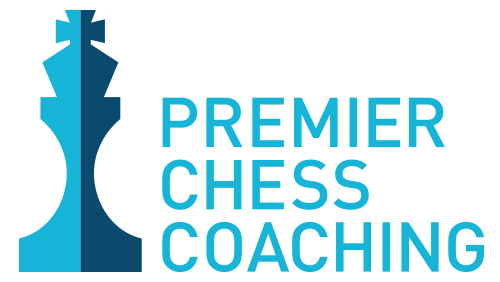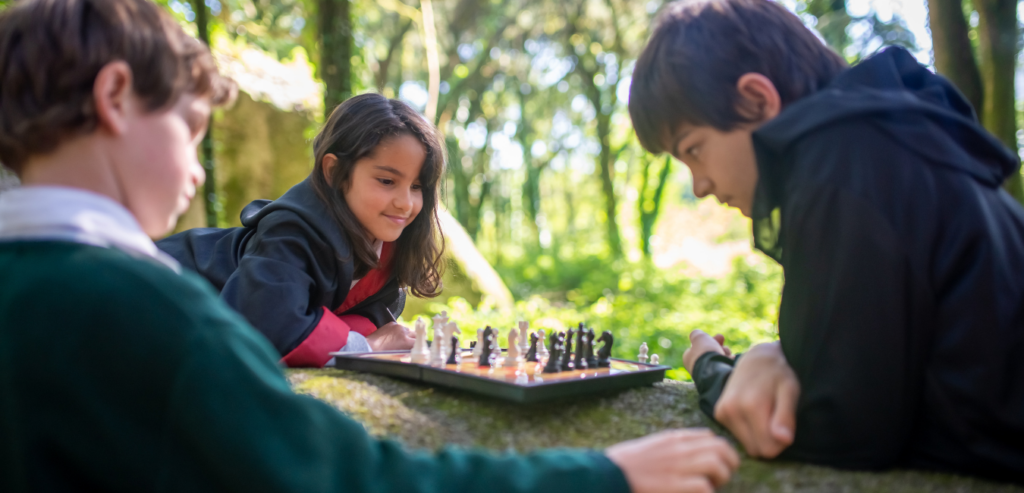Summer break is all about unwinding and having fun. Still, while children prefer outdoor activities and screen time, it’s also an excellent opportunity to introduce them to other activities that offer more benefits beyond just being a fun activity.
The Benefits of Chess for Children During the Summer Break
Incorporating chess into your children’s summer routine allows them to enjoy a fun and productive break that boosts their cognitive, emotional, and social development. Here’s why adding chess to your child’s summer plans can be a game-changer:
Enhances Cognitive Skills:
Chess isn’t called a “brain game” for nothing. It is a fantastic way to keep those mental gears turning. When children play chess, they get to:
- Improve Memory: Remembering different moves and strategies helps sharpen their memory.
- Enhance Problem-Solving Skills: Each game presents new challenges that need creative solutions.
- Build Concentration: Focusing on the game helps kids develop attention and patience.
Develops Emotional and Social Skills
Chess is more than a mental workout. It’s also great for emotional and social development. Children learn to:
- Handle Wins and Losses: Chess teaches children resilience and sportsmanship. They’ll learn to celebrate victories gracefully and handle defeats with a positive attitude.
- Make New Friends: Whether playing in person or online, chess is a great way to meet new people and bond over a shared interest.
- Build Patience and Perseverance: Long games teach patience and the importance of sticking with it, even when things get tough.
Teaches Critical Thinking and Planning
In chess, thinking ahead is vital. It teaches children how to plan and look ahead, which means they’ll learn to:
- Make Smart Decisions: Evaluating options and picking the best move supports their decision-making skills
- Anticipate Opponent’s Moves: They’ll better predict and prepare for different outcomes.
Encourages Lifelong Learning
Chess is a game for all ages, making it a skill that lasts a lifetime. Starting young gives children a head start in developing a hobby that can bring joy and mental challenges for years. Plus, the strategies they learn in chess often apply to other areas of life and learning.
If you are interested in getting your child started with chess this summer, enroll them in a local chess club, use online resources, or play with them regularly. Whether it’s playing against family members or online opponents, regular play helps reinforce skills.


